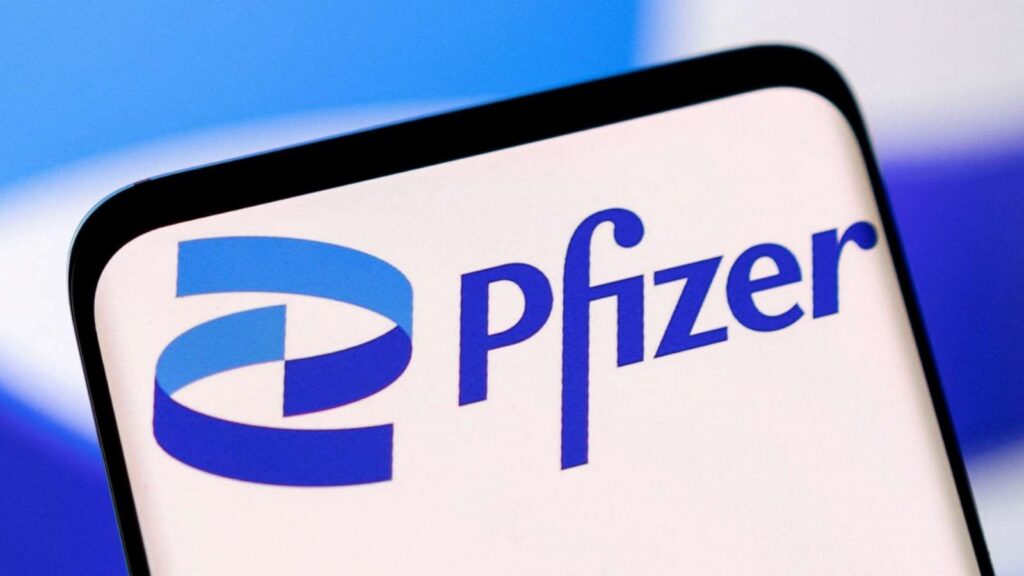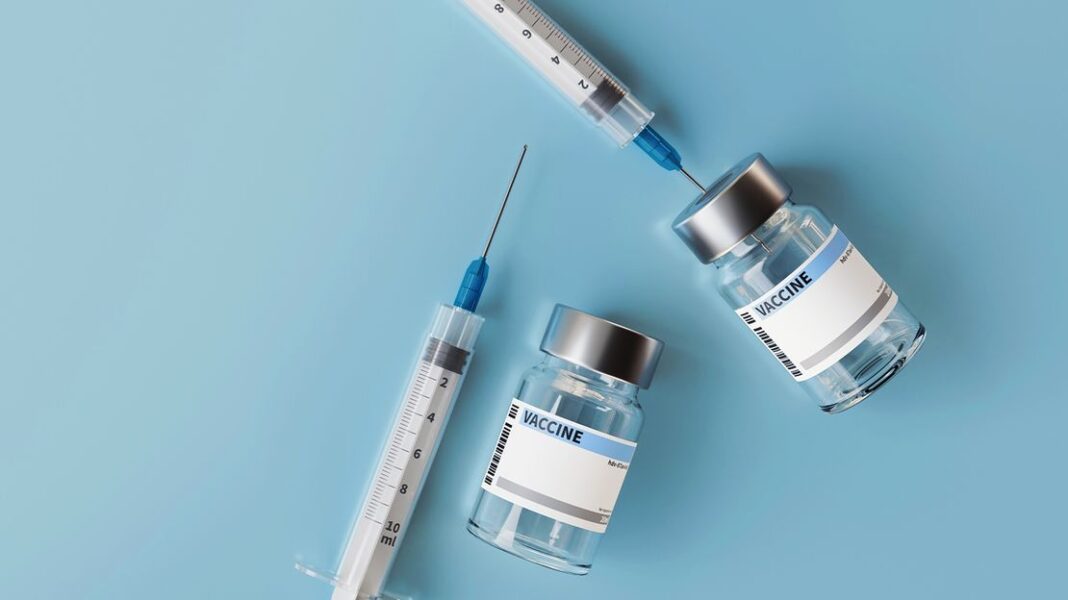In a significant development, the United States Food and Drug Administration (FDA) has granted approval to Pfizer’s Respiratory Syncytial Virus (RSV) vaccine. This breakthrough marks a major milestone in the fight against RSV, a common and potentially severe respiratory infection that primarily affects infants and older adults. The approval of Pfizer’s RSV vaccine brings hope for the prevention of this widespread illness and the potential to save numerous lives. Let’s delve deeper into the details surrounding this exciting development.
Understanding Respiratory Syncytial Virus (RSV):
RSV is a highly contagious virus that causes respiratory infections, particularly in young children and older adults with weakened immune systems. The virus spreads through respiratory droplets when an infected individual coughs or sneezes, and it can survive on surfaces for several hours. RSV infections usually occur during the fall, winter, and spring months, leading to significant healthcare burden, hospitalizations, and even fatalities in severe cases.
The Urgent Need for an RSV Vaccine:
Despite being a common virus, there has been no approved vaccine for RSV to date. This gap in preventive measures has posed a considerable challenge to public health. Infants, especially those born prematurely, and older adults with underlying health conditions are particularly vulnerable to severe complications from RSV infections. Consequently, the development of an effective vaccine has been a priority for researchers and healthcare professionals worldwide.

Pfizer’s RSV Vaccine:
Pfizer’s RSV vaccine is an innovative breakthrough in the field of respiratory virus prevention. The vaccine utilizes a novel approach to stimulate the immune system and protect against RSV infections. Extensive clinical trials have demonstrated the vaccine’s safety and efficacy, paving the way for its FDA approval. The vaccine has shown promising results in preventing severe RSV disease, reducing hospitalizations, and potentially saving lives.
Clinical Trials and Efficacy:
The FDA’s approval of Pfizer’s RSV vaccine comes after rigorous evaluation of the vaccine’s safety and efficacy through comprehensive clinical trials. These trials involved thousands of participants, including infants, older adults, and individuals with high-risk medical conditions. The results showcased the vaccine’s ability to generate a robust immune response, providing protection against RSV and reducing the severity of the disease in breakthrough cases.
Safety Profile and Side Effects:
Pfizer’s RSV vaccine has exhibited a favorable safety profile during the clinical trials. Common side effects reported were generally mild and transient, including injection site pain, low-grade fever, and temporary fatigue. These side effects are consistent with the typical response seen with other vaccines. The FDA’s approval indicates that the benefits of the vaccine outweigh the potential risks.

Implications for Public Health:
The approval of Pfizer’s RSV vaccine by the FDA brings renewed hope in the fight against respiratory infections. It opens doors to potentially reducing the burden on healthcare systems, preventing severe illness, and improving the overall well-being of vulnerable populations. The availability of an effective RSV vaccine will provide peace of mind to parents and caregivers, knowing that they can protect their children from this common respiratory virus.
Distribution and Accessibility:
With FDA approval, Pfizer will work closely with regulatory authorities and healthcare providers to ensure the efficient and equitable distribution of the RSV vaccine. This includes establishing supply chains, storage and handling protocols, and educational campaigns to raise awareness about the vaccine’s importance and accessibility.
Read More: Typhoid XDR outbreak surges in Sindh: Alarming rise in cases
Future Outlook:
The approval of Pfizer’s RSV vaccine marks a significant milestone in the prevention of respiratory infections, with the potential to transform public health outcomes. Ongoing research will continue to assess the long-term effectiveness and safety of the vaccine, and its impact on reducing RSV-related hospitalizations and mortality rates. Additionally, efforts to develop vaccines against other respiratory viruses, such as influenza, may benefit from the advancements made in RSV vaccine research.
The FDA’s approval of Pfizer’s RSV vaccine is a major achievement in the fight against respiratory infections. This breakthrough offers renewed hope for preventing severe RSV disease, particularly in vulnerable populations. The availability of a safe and effective vaccine will undoubtedly have a positive impact on public health, reducing hospitalizations, saving lives, and alleviating the burden on healthcare systems. As we move forward, continued research and development in the field of respiratory virus prevention will pave the way for a healthier and more resilient future.



